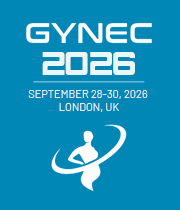HYBRID EVENT: You can participate in person at Orlando, Florida, USA or Virtually from your home or work.
Gynec 2026
Will be updated soon......
Will be updated soon......
Will be updated soon......



